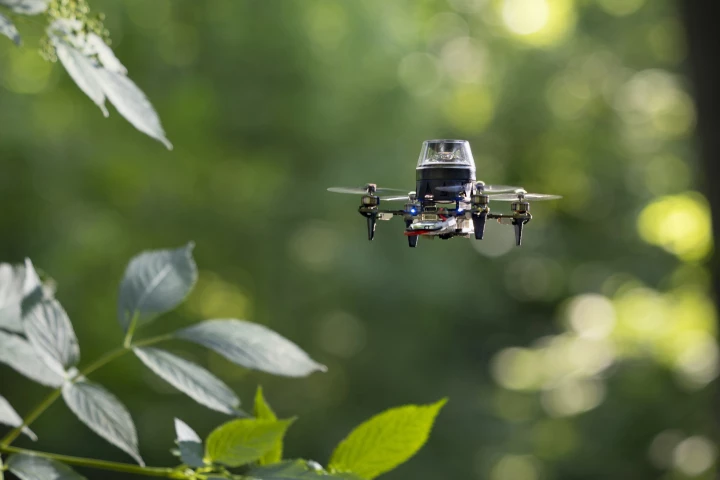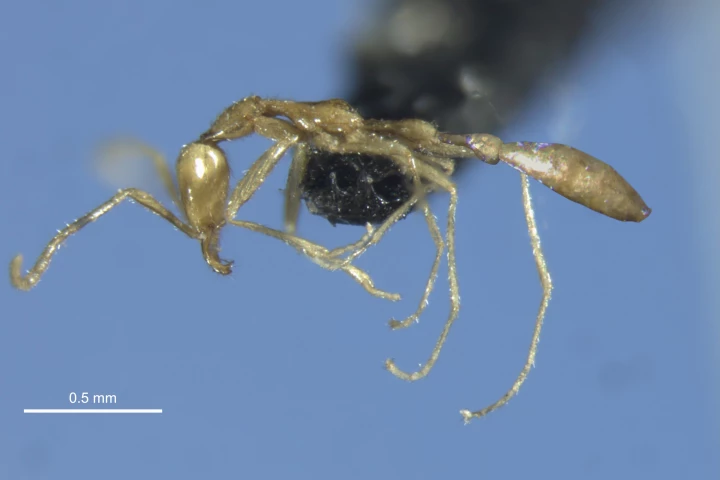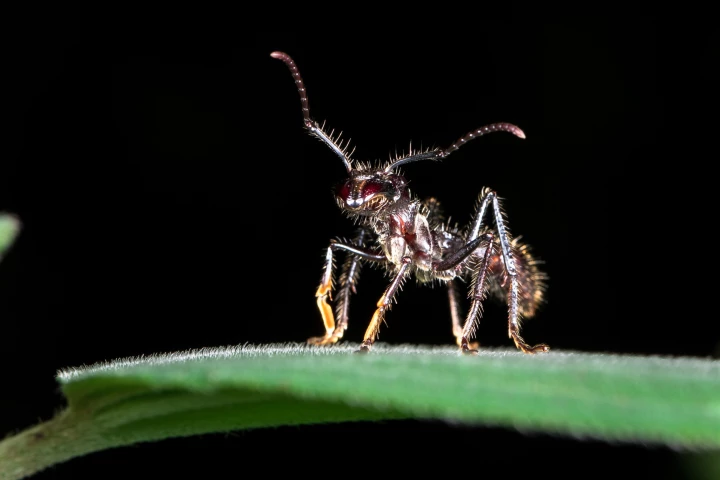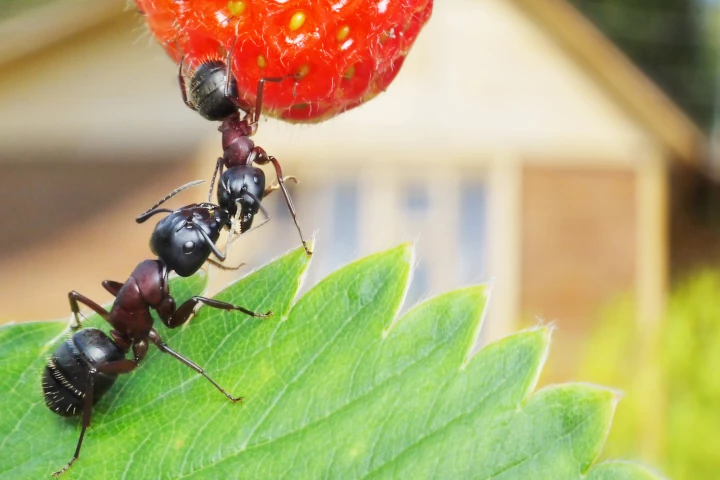ANT+
-
A stealthy parasite queen can turn an ant colony against itself. The invading queen has been found to sneak into an ant colony, creep towards the resident ant queen, and spray a chemical that tricks ants into slaughtering their own mother.
-
Zombies are real – not in the walking dead sense, but parasites that can force creatures to do things against their will. The launch of The Last of Us season 2 feels like a great time to explore some of the real-world zombie stories that inspired it.
-
Insect venom may seem like an unlikely ally in the discovery of new human pain treatments, but the latest findings into the "unique" way a small ant causes us such agony is a big leap forward – and one that's expected to progress rapidly.
-
Tiny aerial drones have many potential uses, but their ability to navigate is severely limited by their minuscule amount of onboard processing power. Scientists have now set about addressing that limitation, taking a cue from foraging insects such as ants.
-
A new ant has been named after the creepiest of all Harry Potter villains, Lord Voldemort. Like the lord, the ant is pale, slender and lives in the dark – unlike Mr. Voldemort, however, the ant did not give Harry his lightning-bolt forehead scar.
-
It almost sounds like a fairytale: a tiny ant dramatically impacting a giant lion. But thanks to a study that reveals just how interconnected all life forms really are, researchers have just figured out that it happened on the savannas of Africa.
-
Hijacking the body of another animal is nothing new in the opportunistic world of parasitism. But for the first time, scientists have observed how one crafty flatworm can switch ‘zombie mode’ on and off, leaving its host ant stuck between life and death.
-
Researchers have discovered that some of the most painful ant stings are caused by neurotoxins that affect the body in a way that's never been seen before. Their findings further our understanding of how pain works and how it might be treated.
-
Playing dead is a common defense mechanism in the animal kingdom, but scientists in Australia have discovered an example on a whole new scale. Entire colonies of ants were found to be feigning death, in a collective behavior never before recorded.
-
Ants can be found in huge numbers in almost all of the world’s regions and habitats. But how did they become the most populous, highly diverse insect species on the planet? Scientists may have an answer, and it has to do with plants.
-
One ant is not very smart, but together they can achieve some remarkable things. Inspired by this emergent cooperative behavior, Harvard researchers have built robots that can work together to escape from a “prison,” without needing a specific plan.
-
The next time an inquisitive four-year-old asks how many ants there are on Earth, you can be ready to fire back a specific number. Researchers in Germany now have an answer to that question, as well as a follow-up: how much do they all weigh combined?
Load More











